Polybius: The Greek True Admirer, of the Roman Empire
Although Greek, Polybius is best known for his work The Histories, which covers the rise of the Roman Republic and its domination over the Mediterranean world, particularly focusing on the period between 264 and 146 BCE.

Polybius' most famous work, The Histories, originally consisted of 40 books, although only the first five books have survived in full. The work was intended to explain to a Greek audience how Rome came to dominate the Mediterranean world in a relatively short period.
But, what is the true story of the man who left such a gigantic work as a legacy?
Who was Polybius?
Polybius, born around 208 B.C. in Megalopolis, was the son of Lycortas, an important leader in the Achaean League and an ally of Philopoemen. From a young age, Polybius was active in political and military affairs, participating in Roman campaigns and serving on embassies alongside his father.
In 169-168 B.C., he held the office of Hipparchus in the Achaean League and supported the idea that Greek states should maintain their independence while recognizing Roman dominance. However, after Rome's victory over King Perseus in 168 B.C., Polybius and many other Achaeans (almost 1000) were sent to Italy under suspicion of opposing Roman rule, as hostages. (“Polybius”, The histories, Volume 1, translated by W.R.Paton)
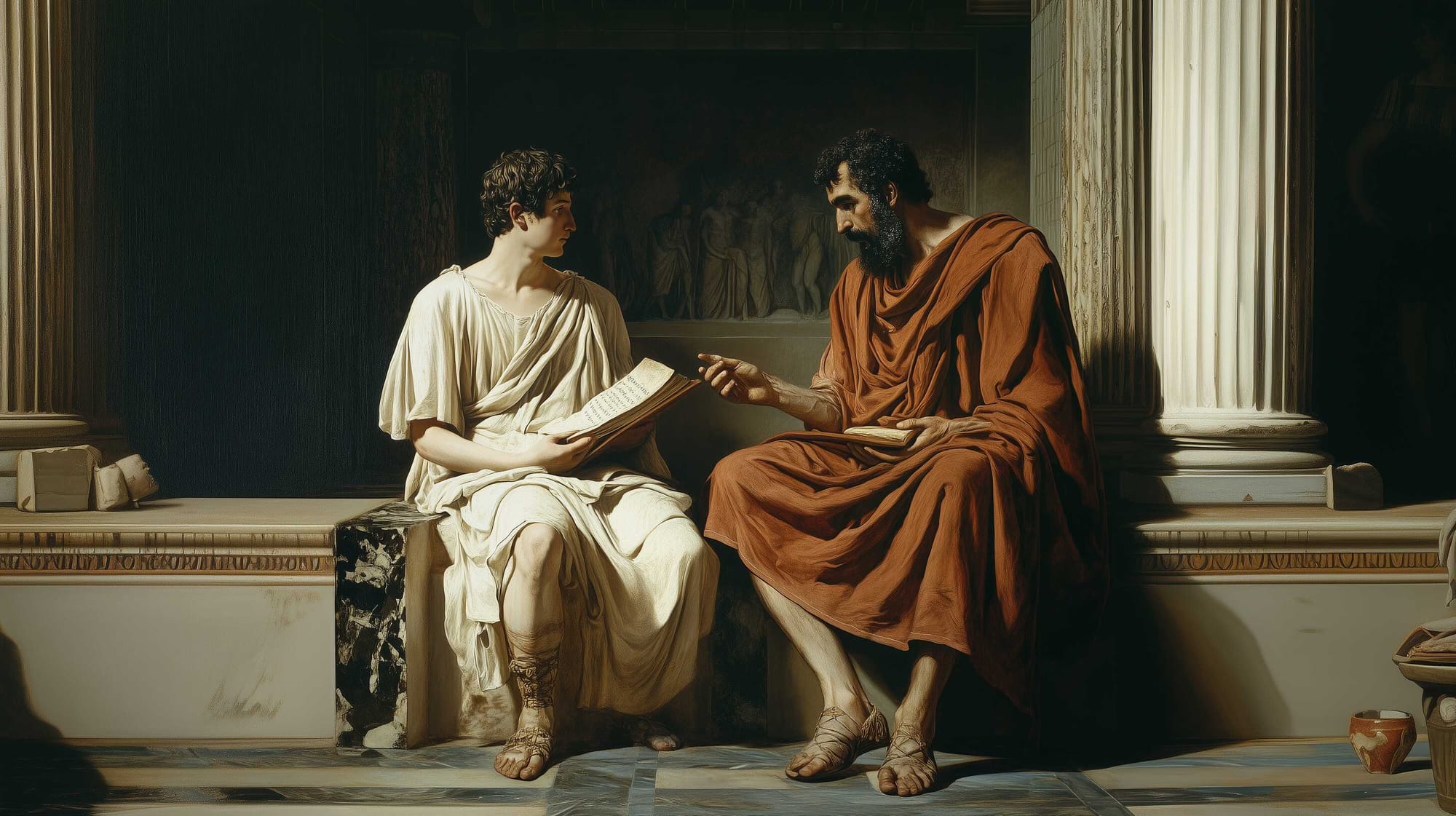
The hostages remained in detention for seventeen years, scattered across Italy, with their numbers gradually dwindling to fewer than three hundred due to "escape, natural wastage, and suicide."
Polybius, however, secured permission to stay in Rome, where he enjoyed a more favorable outcome by becoming the confidant, mentor, and hunting companion of Scipio Aemilianus (Africanus Numantinus). He "hooked up early with a boy who would turn out to be the most remarkable soldier of his generation."
This close relationship granted Polybius access to diplomatic missions, royalty, and major events of the second century, allowing him to participate as a "semi-official interpreter of Roman policy to his own conquered countrymen." ("The Cambridge Companion to the Roman Historians", edited by Andrew Feldherr)
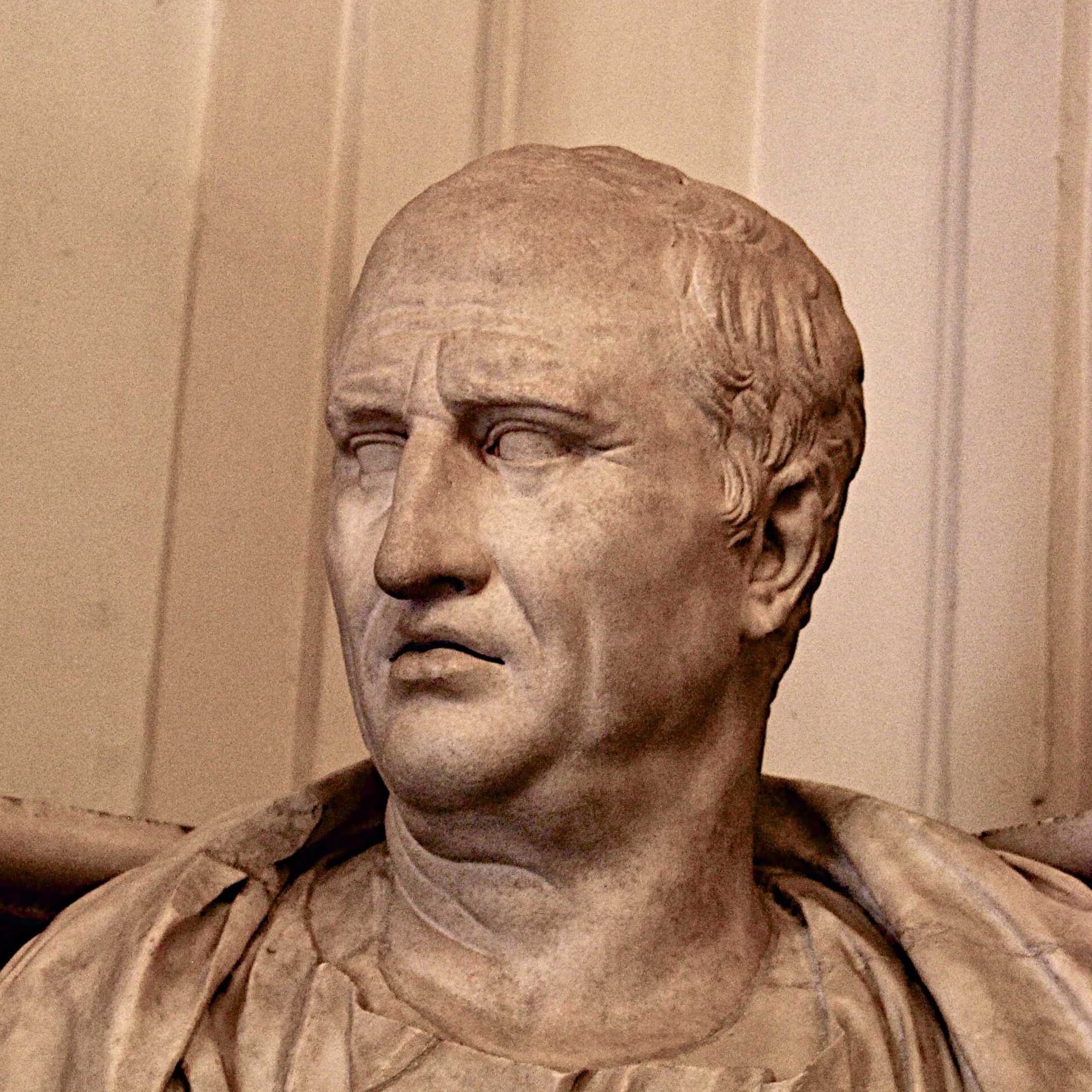
Cicero’s De Re Publica refers to him as "Polybius, our guest (hospes)"
Cicero, Musei Capitolini. Credits: Andy Montgomery, CC BY-SA 2.0
Polybius and his Work
Polybius was considered the third great Greek historian, following Herodotus and Thucydides. He was present at the Battle of Pydna in 168 BC, when the Romans defeated the Macedonians, after which he spent the seventeen years as a hostage in Rome before returning to Greece, dying in 126 BC.
Herodotus had chronicled the Persian Wars between the Greeks and the Barbarians, and Thucydides had recounted the Peloponnesian War between Athens and Sparta. Polybius, however, focused on the Roman conquest, documenting not just one major war but a series of conflicts across various regions.
His central question was, "By what means and under what political system (politeia) did the Romans, in less than fifty-three years, manage to bring nearly the entire world under their control?" Polybius believed answering this question would greatly benefit his readers.
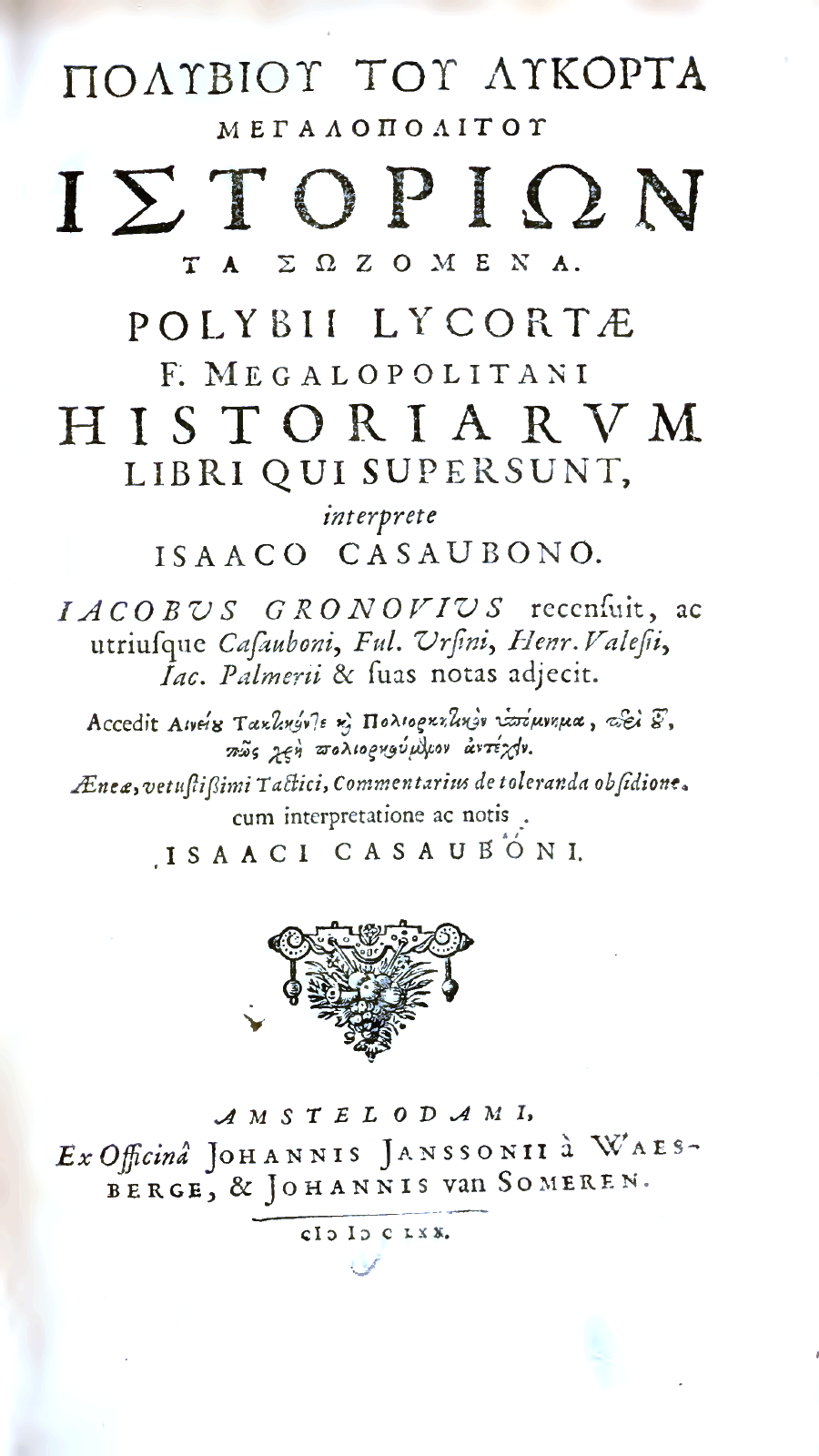
Polybius saw his major discovery and the novelty of his time as the recognition of the simultaneousness of events involving different protagonists in various locations, all influencing one another. He argued that one could see multiple perspectives or view it as a single unified narrative, with Rome acting as the central link, connecting previously local and separate histories through its expanding domination.
Polybius sought to capture this critical moment of early globalization on a Mediterranean scale. This insight became the defining task of the new historian, though the challenge of how to effectively construct and convey this global perspective remained unresolved.
From his vantage point in Rome, Polybius set out to understand not just how the Greeks had been defeated—merely a matter of local or partial history—but how the Romans had managed to conquer the world.
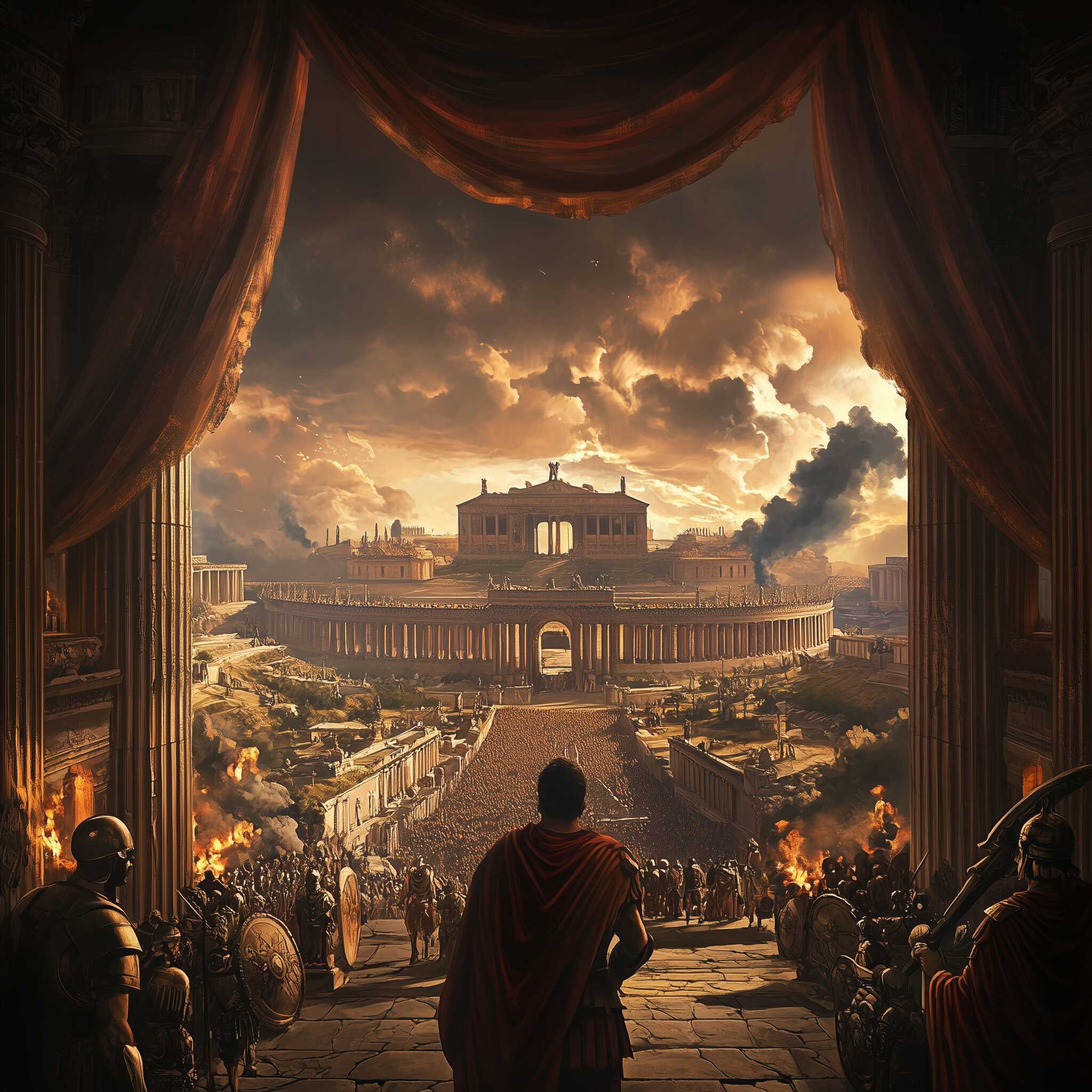
He aimed to see history from Rome’s perspective, as the Romans did, to create a universal history.
The Roman fantasy of eternal power. Illustration: Midjourney
This approach shaped his entire historiographical method, revealing the ambiguity of his position. To adopt the Roman viewpoint meant using their lens and becoming an agent of their narrative, but it also meant seeing beyond what the Romans themselves could perceive.
Through his sunopsis, Polybius presented to the Greeks what they had failed to see while simultaneously showing the Romans their conquest in a way they had never understood before. This sunopsis—a comprehensive vision—became both a theoretical and practical solution for Polybius, offering the perspective of Fortune.
This external viewpoint provided a broader, absolute perspective that made his historical analysis possible, though it also created a blind spot by positioning himself outside the direct events. (“Historiae Mundi”: Studies in Universal History, edited by Peter Liddel and Andrew Fear)
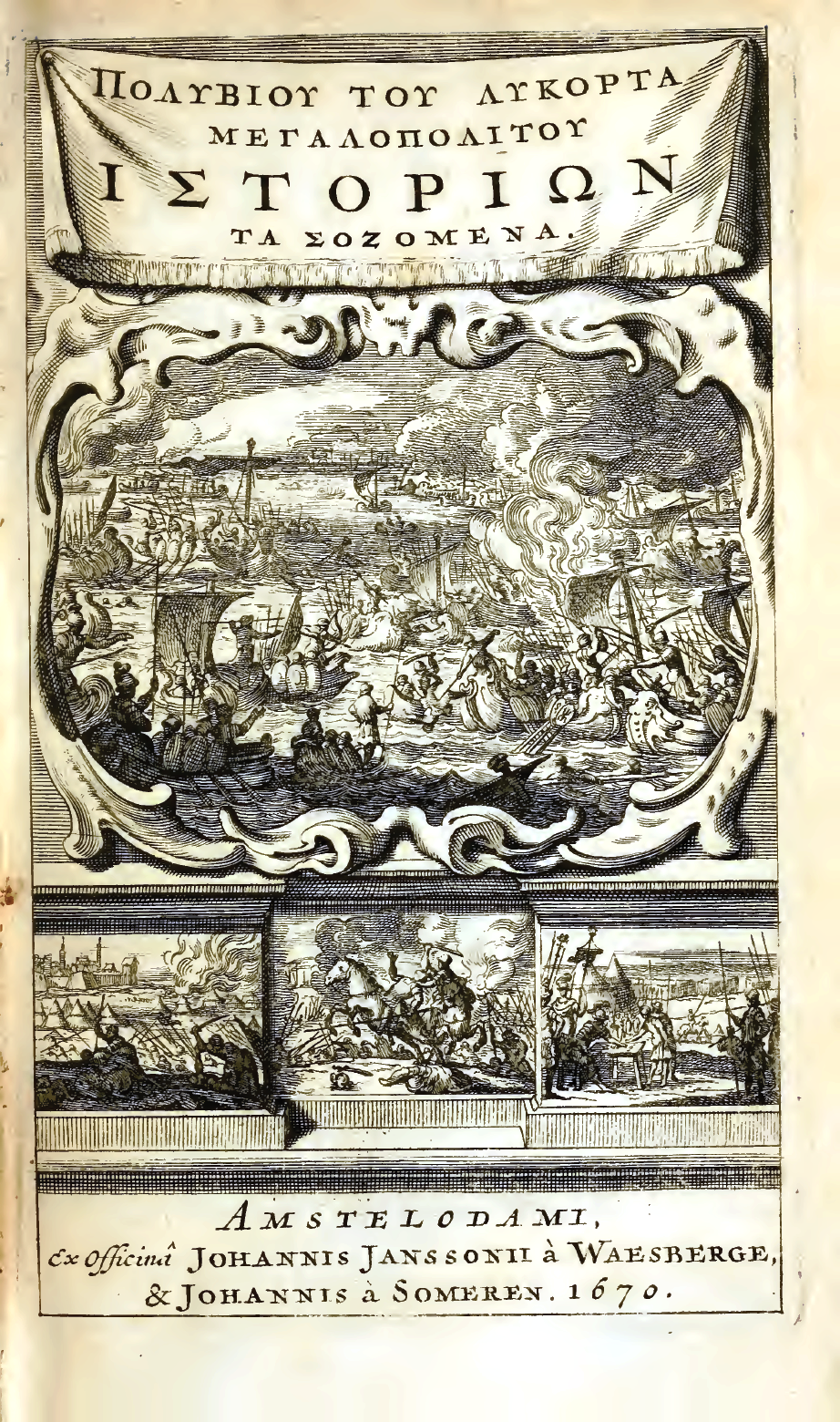
The Books of Polybius
Apart from his Life of Philopoemen, which Plutarch extensively used, Polybius wrote at least two other lost works, one on tactics and another on the Numantine Wars, which concluded with Scipio’s decisive siege in 133 BCE.
His most significant work, The Histories, consisted of forty books detailing Rome’s rise to dominance in the Mediterranean from 264 to 146 BCE. The core of the narrative, Books 3-29, focuses on the period from 220 to 168 BCE: "For who is so lightweight or lackadaisical, that he would not wish to know how and with what species of government the Romans managed to get nearly the entire inhabited world at their feet, subjected to their sole rule, in less than fifty-three years?"

Although the main audience was contemporary Greeks, Romans and future generations were also considered potential readers.
The young generations, reading Polybius’ works. Illustration: Midjourney
The first two books served as a backstory (prokataskeue-προκατασκευή) to the 53-year period of "investigation," while the final ten books acted as a coda: "to gain knowledge of what it was like for each region once everything had been subjected to Roman writ, right up until the period of disturbance and uncertainty that followed... about which I was provoked to write as if making a fresh start, chiefly because I was not merely an eyewitness to, but also at times a participant in, at times even an orchestrator of, events."
This second introduction in Book 3 was added after 146 BCE, with most scholars agreeing that it was a later insertion after Polybius decided to extend the account beyond Pydna and his detention. References to Carthage as if it still existed appear in Books 1-15, indicating they were written before 150 BCE. At one point, Polybius expresses hope that Tyche (Τύχη, the goddess of chance in Greek religion with which Fortuna was later identified in Roman Mythology), would give him time to complete his work before his death, a prayer that was heeded.
In another section, he appears to mention events from 118 BCE, suggesting he was still revising his text in his eighties. There is no reason to doubt the account that "he tumbled from his horse while riding up from the country, fell ill as a result and died at the age of eighty-two."
"Fruitful as Fortune is in change, and constantly as she is producing dramas in the life of men, yet assuredly never before this did she work such a marvel, or act such a drama, as that which we have witnessed."
Polybius
Polybius was fully aware of the significance of his subject and made sure both he and his readers remained constantly reminded of its importance.
“What man is so indifferent or so idle that he would not wish to know how and under what form of government almost all the inhabited world came under the single rule of the Romans in less than fifty-three years (220-168 B.c.)?”
Polybius
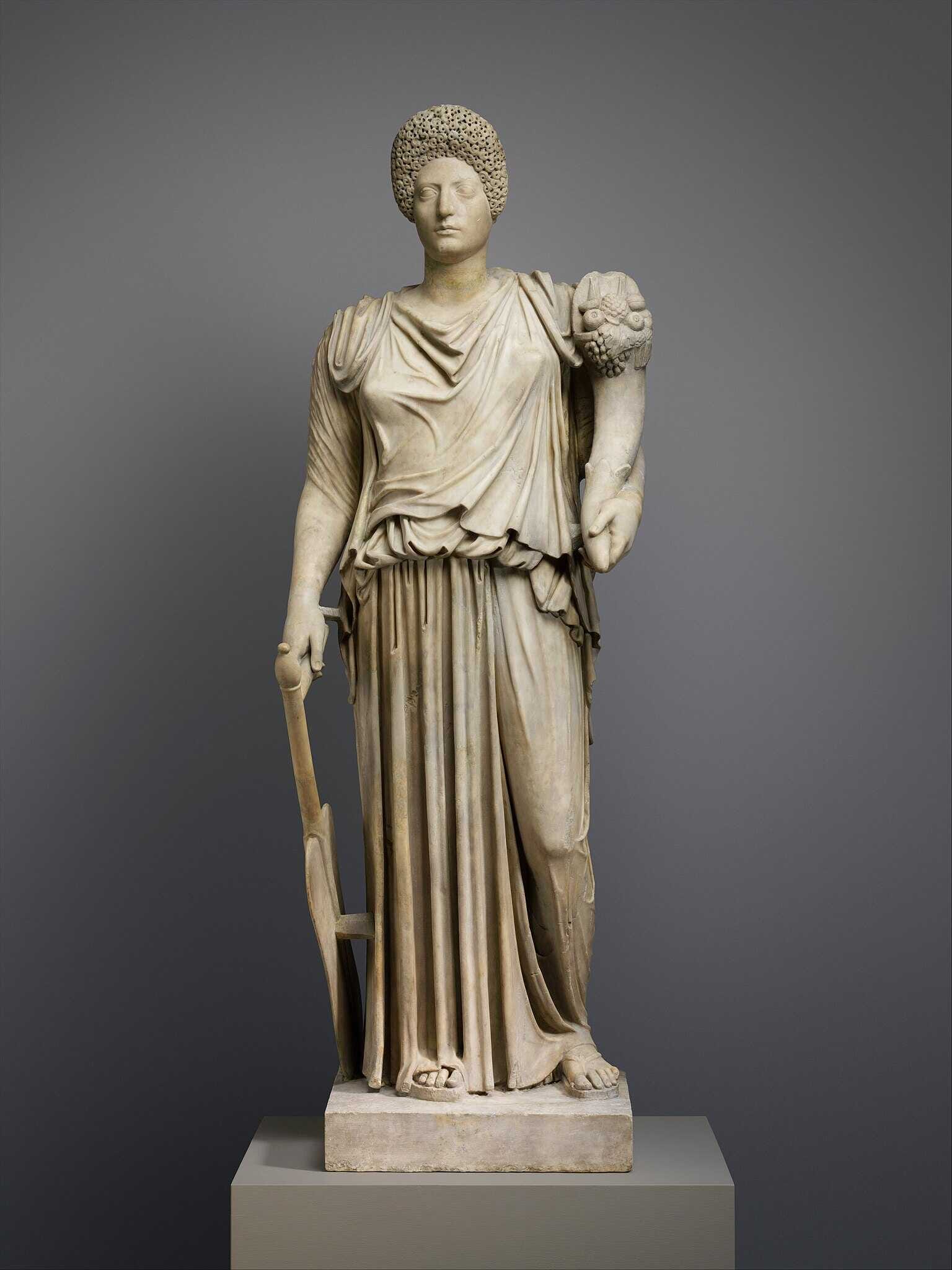
Analysing The Histories by Polybius
From the outset, Polybius clearly outlined the structure of his work, often reiterating this plan in the earlier books, explaining the need to expand it to ensure proper introduction and conclusion. In the final surviving chapter, he acknowledged the completion of his objective.
Throughout, he carefully maintained proportionality and continuity, crafting a systematic history (πραγματεία) that was both "catholic" (καθ᾽ ὅλου), in relation to the general history of the world, and "pragmatic" or "apodeictic," with a conscious focus on demonstrating cause and effect. As a result, his work has been regarded as "perhaps the greatest universal history, or history of the civilized world, attempted in old times."
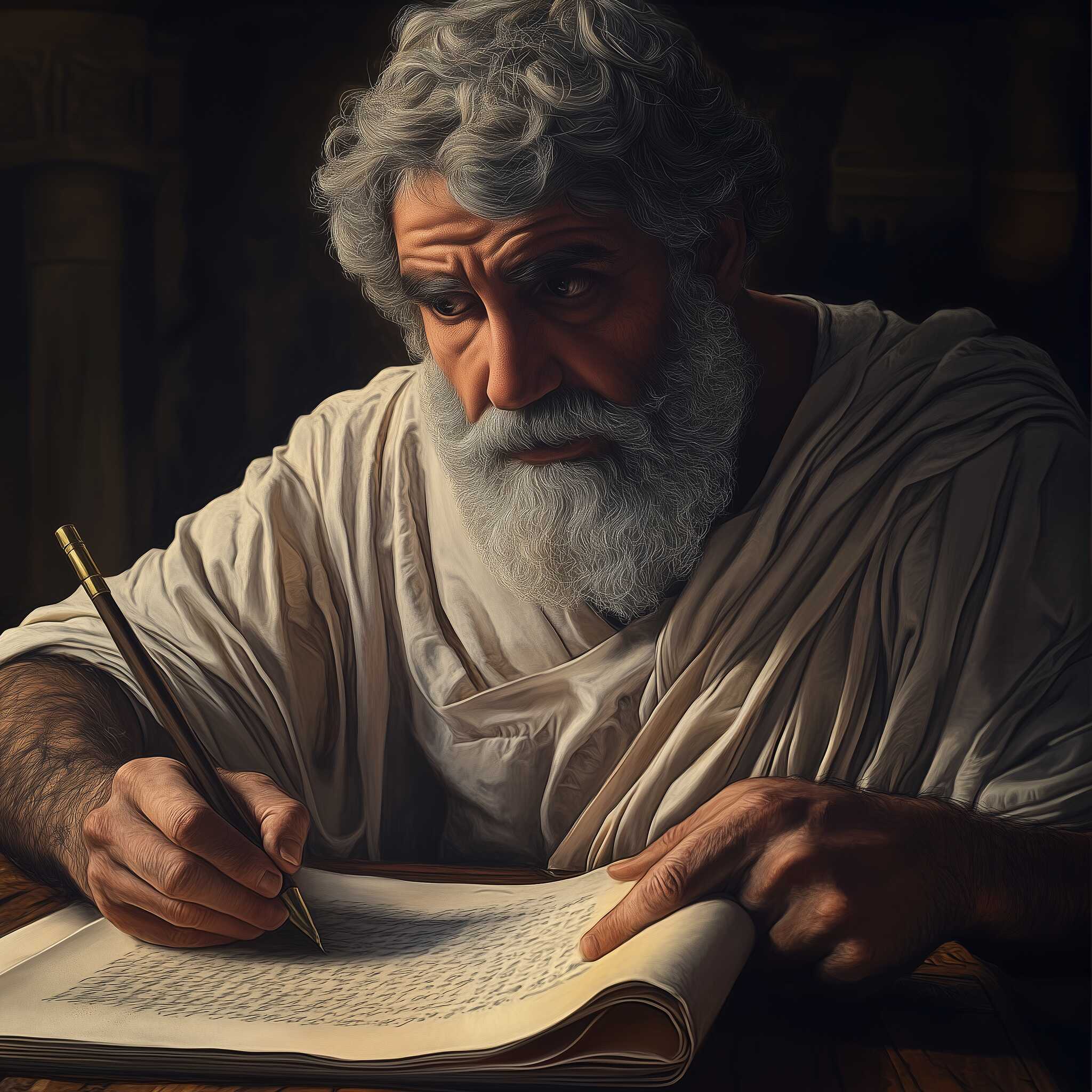
Few books have been written so methodically, by someone so uniquely qualified for the task.
A representation of Polybius at work. Illustration: Midjourney
Destiny seemed to have prepared Polybius for this mission. As the son of a statesman, he spent the first forty years of his life deeply involved in politics, diplomacy, and war, leading him to believe that firsthand experience was essential for a historian. He insisted that a historian should record events based on personal knowledge of the people, circumstances, and locations.
As a man of action, Polybius emphasized the importance of firsthand evidence, going to great lengths to gather it, and he had little respect for historians like Timaeus, who wrote solely from books without real-world experience.
However, Polybius was also meticulous in his research and technical preparation. He valued practical experience but did not dismiss theory. During his extensive and systematic travels, Polybius made a special study of geography, incorporating many observations into Book 34, which is almost entirely geographical.
His official and unofficial visits to various countries included the examination of documents and records to ensure that his work was accurate, continuous, and complete. Though he may not have been a great general, diplomat, or topographer, he was consistently thorough and usually correct in his conclusions.
Driven by a natural instinct for truth, Polybius believed that "as a living creature is rendered wholly useless if deprived of its eyes, so if you take truth from history, what is left is but an idle unprofitable tale." Elsewhere, he declared that truth is supreme in divinity and power and will ultimately prevail over all opposition.
It is worth reflecting on Polybius’ position in Greece, as it was in many ways representative of his time, and considering his point of view. Born in Megalopolis, a city founded on the idea of federal unity in the fourth century, Polybius was by birth and instinct an aristocrat, with little sympathy for democratic traditions or populist movements.
As a statesman, he recognized that the old Greek ideals of freedom and independence centered around the city-state were no longer viable, except under Roman rule, or more accurately, through the reconciliation of Roman authority and Greek intellect. Early in his career, he understood that Roman power was both inevitable and unstoppable, and he worked diplomatically to ensure that the Achaean League and the Greeks in general followed a path that was correct and acceptable.
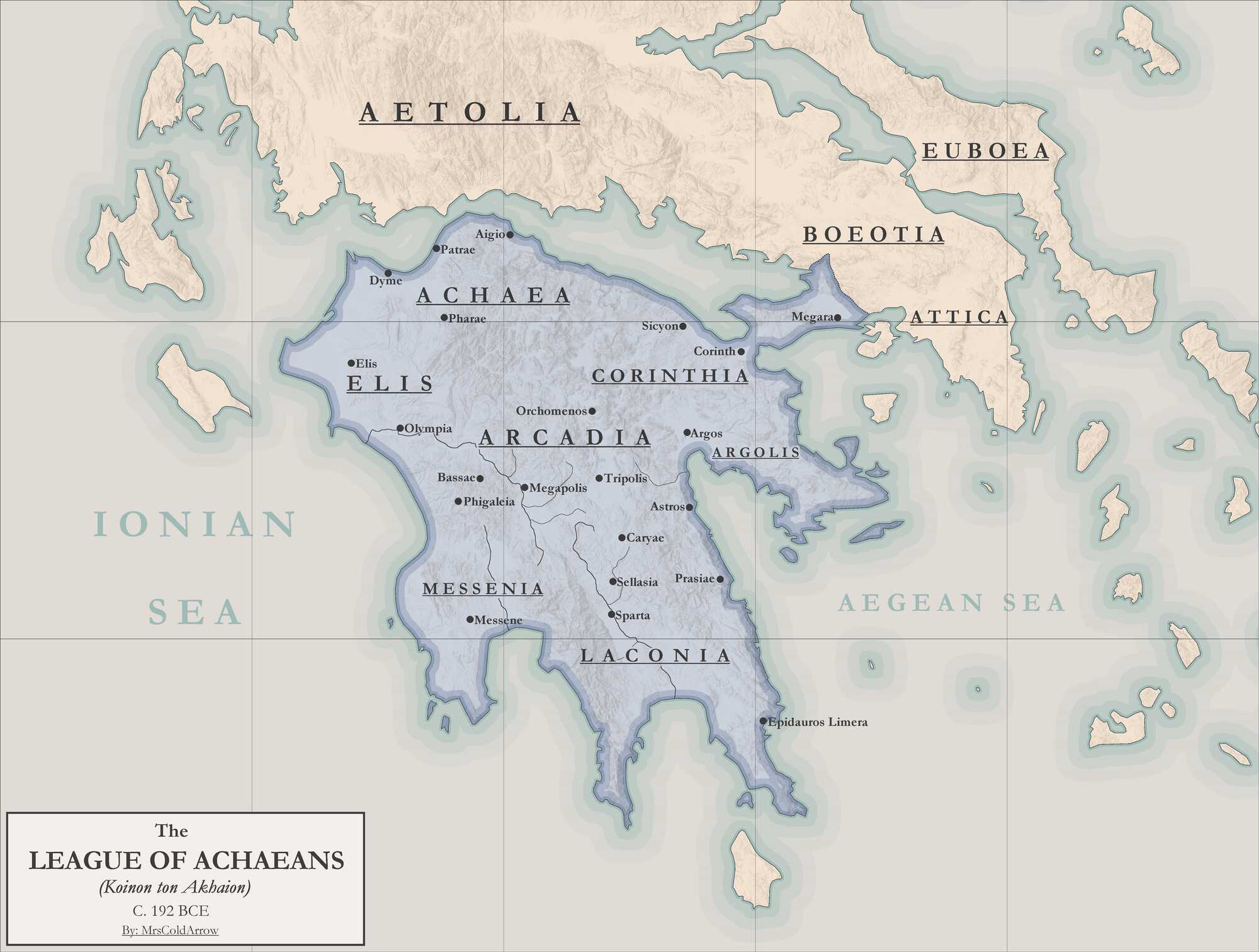
A Stoic by philosophy, Polybius believed that Roman dominance was part of a divine Providence governing the world. This belief, reinforced by his growing familiarity with the Romans and their conquests, is reflected in his Histories, where he explores causes, circumstances, and consequences to demonstrate that he understood Rome’s role in the Mediterranean better than the Romans themselves did at the time.
Polybius lived in an era of self-awareness, where criticism was often destructive, and moral standards were inconsistent. In his Histories, he criticized other writers frequently and with severity, earning the nickname ἐπιτίμαιος for his harsh treatment of Timaeus.
He categorized historians into three groups:
- Those who write for payment to please rulers or governments,
- Those who write for rhetorical display,
- And those who write for truth and the benefit of humanity.
Polybius understood the power of rhetoric in historical writing, both for good and ill, but avoided it in his own work, striving to present “the truth, the whole truth, and nothing but the truth.” He used simple, clear language, though his style was not particularly notable or engaging.
As one historian noted, "the narrative is a model of completeness, simplicity, and clearness," but it lacked the moral judgment and spiritual insight that could make it more compelling. Polybius, though intellectually rigorous, lacked the larger humanity that might have infused his work with greater imagination and emotional depth.

Polybius' work was respected in ancient times, particularly by the Romans. His Histories may have been intended for Roman readers, but initially, only a few, such as the Scipionic circle, could fully understand it. To many Greeks of his time, Polybius likely appeared suspect, as his forty-book history openly praised Roman achievements.
Despite his avoidance of rhetoric, he was considered to exemplify the virtues of historical writing, and his opinions were often quoted. His works were condensed into epitomes and excerpts, though this has deprived us of a full appreciation of his original narrative, or the σχῆμα καθ᾽ ὅλον και μέρος (the whole and the parts).
Nevertheless, enough of his work survives to establish his value as a historian who was generally accurate and balanced in his views, achieving his goal of providing "a history to guide life, to proclaim truth, and in all sagacity to forecast the future from the past."
“But the Romans have subjected to their rule not portions, but nearly the whole of the world [and possess an empire which is not only immeasurably greater than any which preceded it but need not fear rivalry in the future].
In the course of this work it will become more clearly intelligible [by what steps this power was acquired], and it will also be seen how many and how great advantages accrue to the student from the systematic treatment of history.”
Polybius, The Histories, Book 1 2.7-3.4



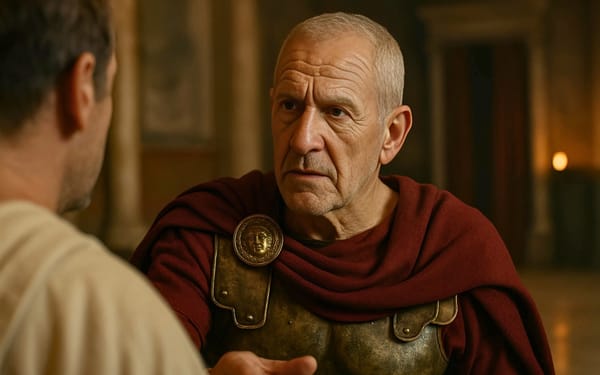
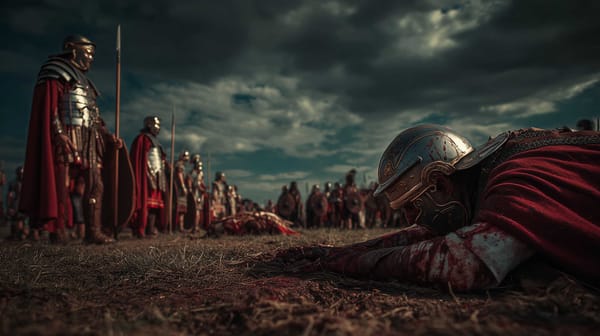

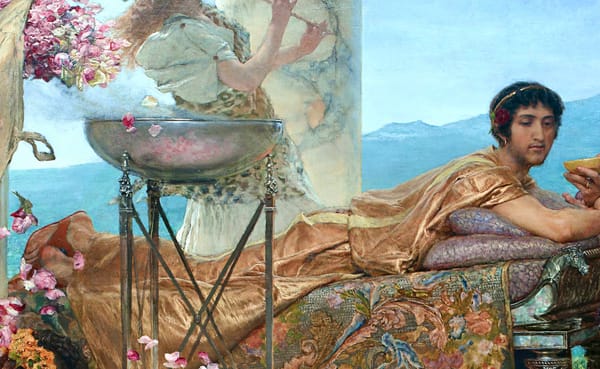
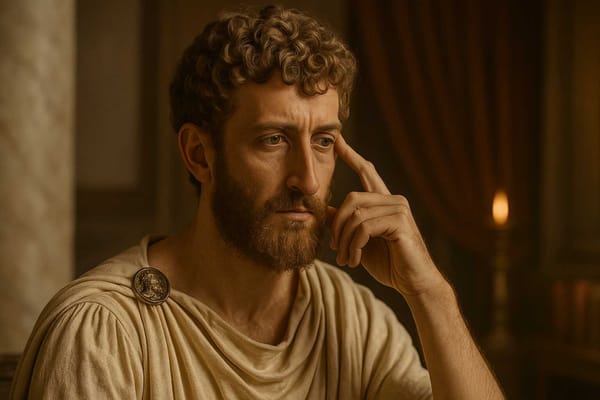

About the Roman Empire Times
See all the latest news for the Roman Empire, ancient Roman historical facts, anecdotes from Roman Times and stories from the Empire at romanempiretimes.com. Contact our newsroom to report an update or send your story, photos and videos. Follow RET on Google News, Flipboard and subscribe here to our daily email.
Follow the Roman Empire Times on social media: